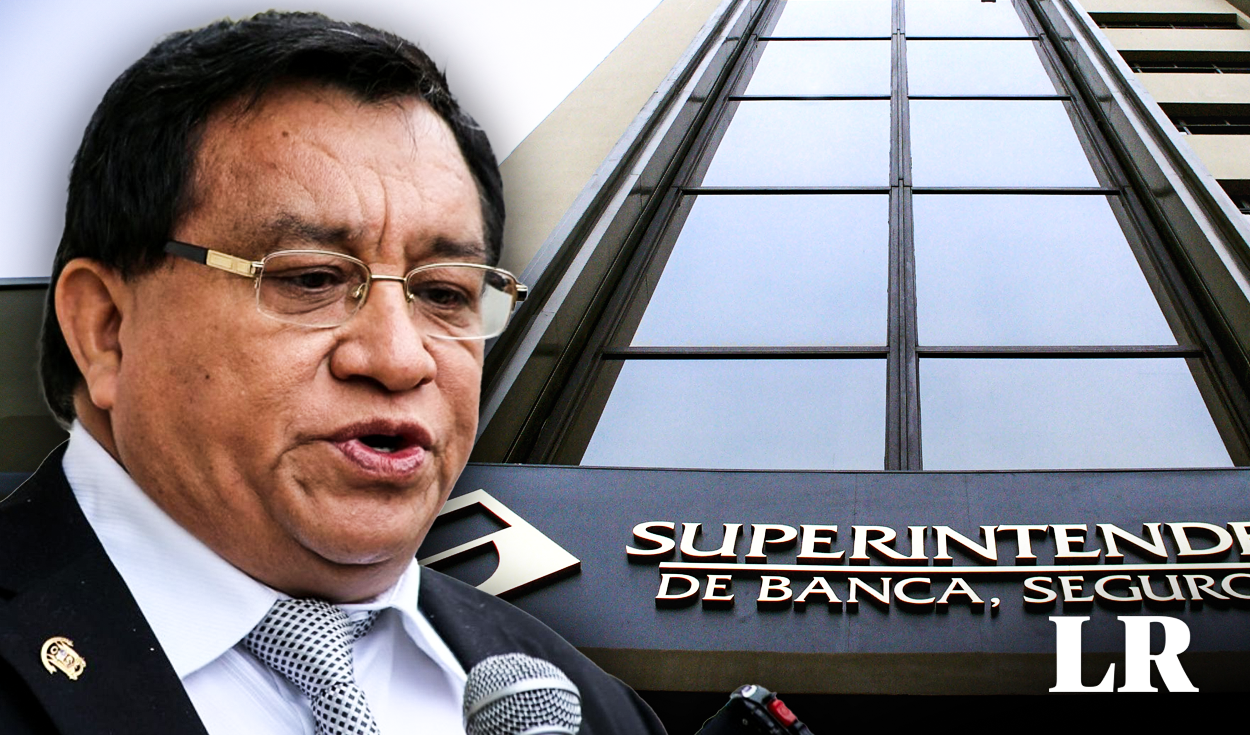
With the purpose of guaranteeing the protection of the rights of users and owners of information, Congressman José Luna presented a bill this Tuesday, June 18, which seeks to regulate and supervise Private Risk Centers (CEPIR). Under the scope of this initiative, the Superintendency of Banking, Insurance and AFP (SBS) would be in charge of supervising entities such as Equifax, Datacrédito, Sentinel, among others.
Likewise, Luna’s legislative proposal states that the CEPIR will not be able to include delays in payment of services nor will they have the possibility of disseminating reports of non-compliance with obligations of a civil, commercial or tax nature, when the financial companies have not first notified the user.
They seek supervision of risk centers to be in charge of the SBS
The Podemos Peru parliamentarian, José Luna, entered bill 8239/2023-CR into documentary processing. The main objective of this legislative initiative is to protect consumers from improper records in the Private Risk Information Centers when they are not notified of the negative report of regulated companies or public services or when they have procedures in the process of claiming for an unrecognized debt. .
To achieve this purpose, articles 7, 8, 10 and 12 of Law No. 27489 are modified. Precisely, article 12 establishes that the Superintendency of Banking, Insurance and AFP (SBS) would be in charge of supervising and supervising the CEPIR, such as Equifax, Datacrédito, Sentinel, among others. In addition, you must require them to delete the debt record the day after its fulfillment or extinction.
“Currently, users are reported negatively despite not having debts in the financial system or regulated public services. Furthermore, they are not notified about negative reports made by financial companies or regulated public services, and, in some situations, users are reported even when they have a claim process in process for an unrecognized debt,” explained the author of the project, José Luna.
Given the damage that this problem causes to citizens, article 10 of the bill specifies that “risk centers may not contain in their data banks or disseminate reports of non-compliance with obligations of a civil, commercial or tax nature when companies financial institutions have not notified the user that a report will be made to the risk center”.
Likewise, it will not be recorded when the debt is not recognized, is indicated as a fraudulent operation or when the obligation has been canceled. In addition, they will be required to delete its registration the day after its compliance or termination.
What other changes does the bill propose?
The bill that seeks to protect consumers from improper records in the Private Risk Information Centers indicates in article 7 that these entities will need authorization from the account holder if they intend to collect information in the case of sensitive data for their clients. data banks from both public and private sources.
Likewise, it is highlighted that risk centers will not be able to disseminate sensitive data or include delays in payments for services, such as water, telephone, electricity, among others. Finally, paragraphs e), f) and g) of article 10 of the Law that Regulates Private Risk Information Centers are repealed.
“This proposal does not seek to favor habitual defaulters or promote the ‘dead dog’ culture; On the contrary, the objective is to protect the citizen, the entrepreneur and the father of the family, who responsibly fulfills his obligations, against possible excesses and irregularities of the risk centers. “This is how we strengthen the model of the social market economy,” stated Luna.
Source: Larepublica
Alia is a professional author and journalist, working at 247 news agency. She writes on various topics from economy news to general interest pieces, providing readers with relevant and informative content. With years of experience, she brings a unique perspective and in-depth analysis to her work.












